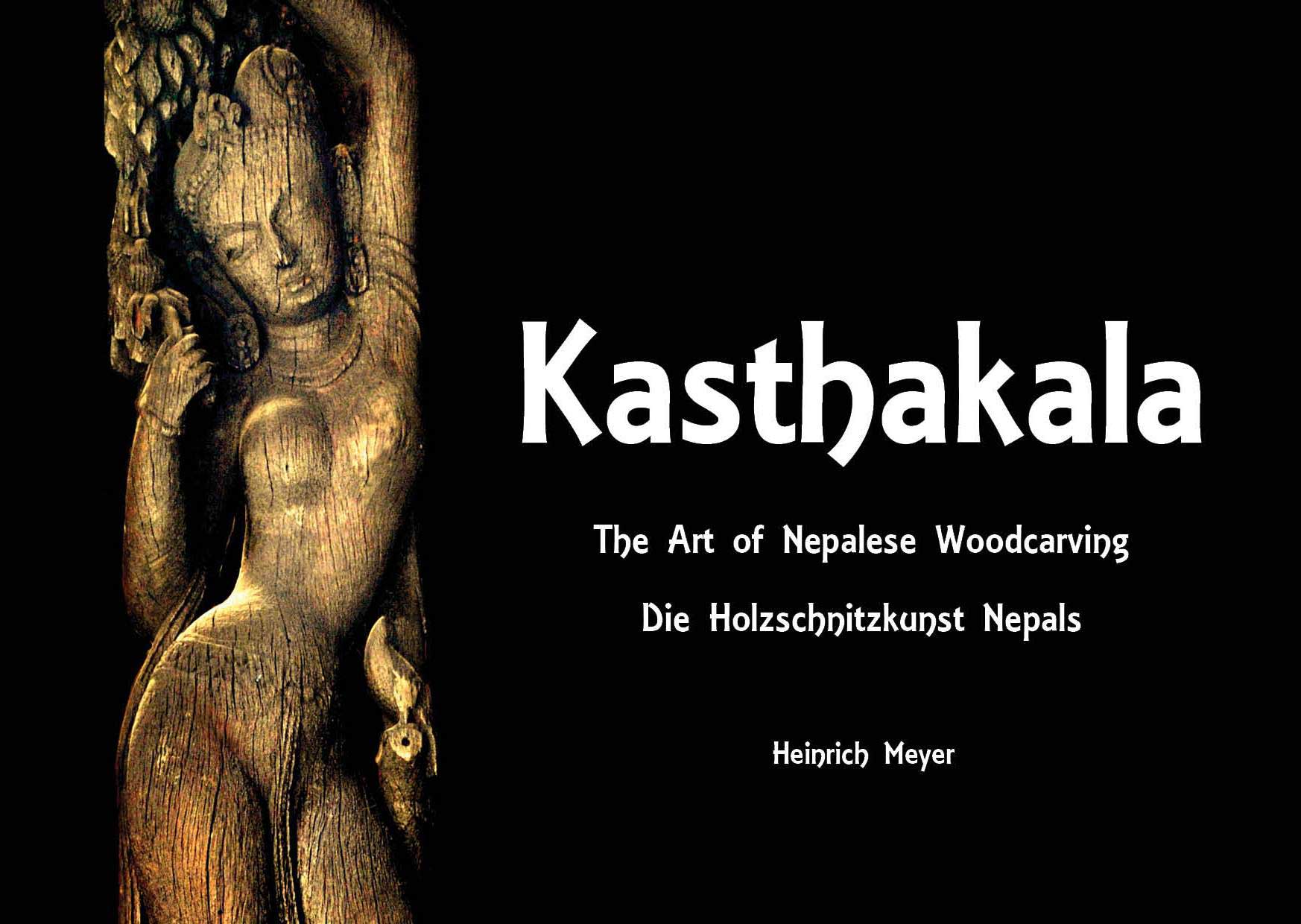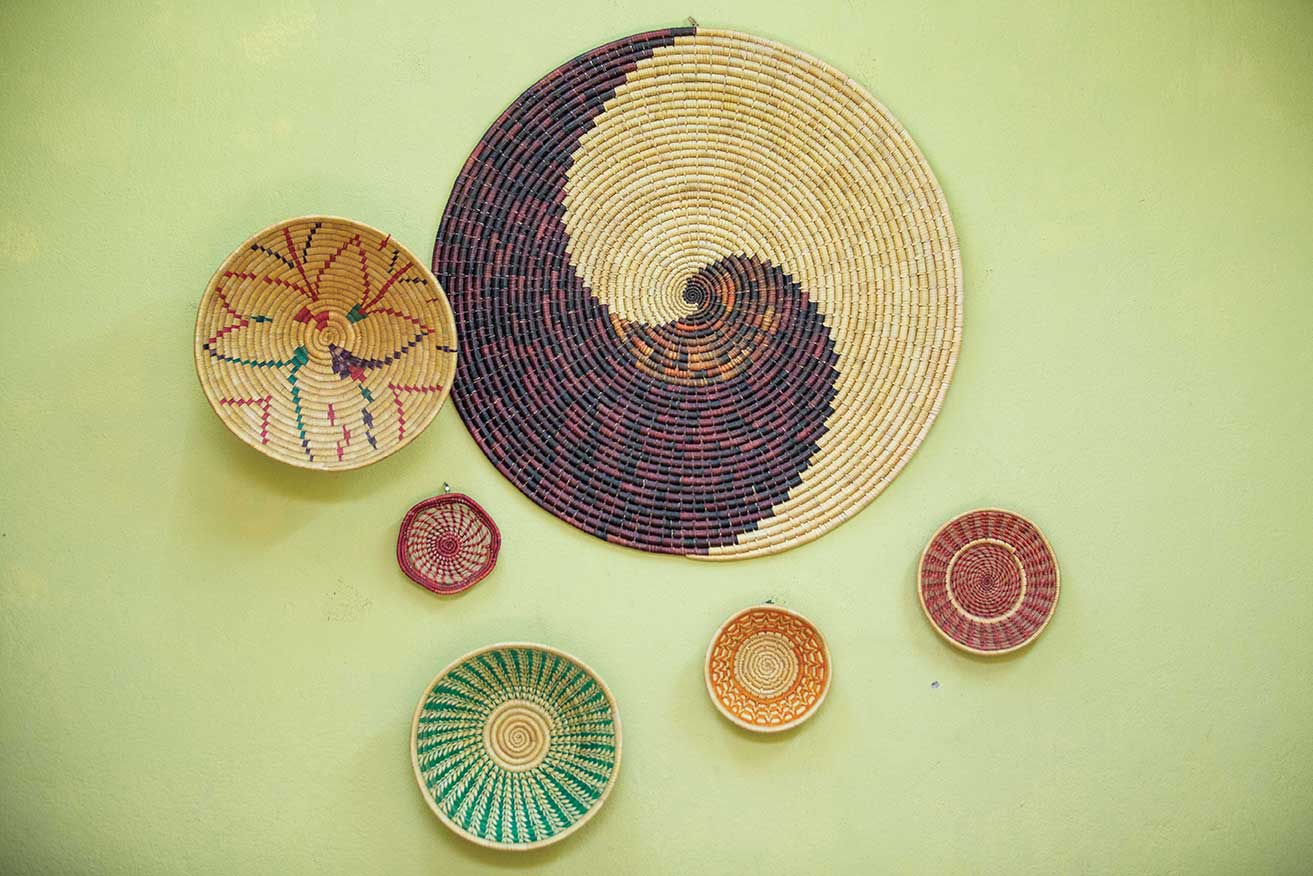In a bright red jawahar-coat and cream labeda-suruwal, silver-haired and unusually fair for a Nepali, Kanak Mani Dixit was truly looking a ‘Southasian’. Probably it was Shanta Dixit’s conscientious selection for the day her husband was receiving the prestigious Prince Claus Award for his work in uniting people of the Subcontinent, the first time a Nepali had been honored with the award.
But Kanak was not comfortable with the fanfare of the award handover ceremony with its purse of Euro 25,000. He had insisted that the event focus on Sufi music. The great singer Madan Gopal Singh had come with his ensemble from New Delhi for the purpose. In his turn to speak, Kanak jumped straight into the richness of culture, music and languages of South Asia. He chose not to mention that he had already committed the entire award amount to further enhancing ‘cultural connectivity’ in the region: it had been dedicated to the Film South Asia festival of documentaries.
The Dixits are considered elites of the Kathmandu society whose political heyday was the latter years of Rana rule. Presently, many in the clan are considered close to the expatriate donor and diplomatic community. And so, why would Kanak be spending his own award money on the not-for-profit Film South Asia? The fact is he was not able to raise support for the festival. And one has to wonder, does this inability have a link to Kanak’s rapid evolution from journalist to civil rights activist? Is he now being perceived as a polarizing person even as he opposes violence and authoritarianism, and makes bold statements in favor of pluralism, peace and rule of law?
For most Nepalis, he is simply ‘Kanak’, because there are many publicly known Dixits in the clan: litterateurs father Kamal Mani Dixit and grand-uncle Madan Mani Dixit, elder brother and journalist Kunda Dixit, seismic expert Amod Dixit, and so many others. Kanak stands out in the current context because he has descended to the street to struggle for democracy and people’s sovereignty, and to single-mindedly oppose violence in public life. While he scuffled with policemen against the king’s autocratic rule and saw the lock-up more than once, he writes insistently in opposition to the Maoist ‘people’s war’ and its justifications, its devastating impact on family, society and economy.
Kanak was the first person to protest former king Gyanendra’s usurpation of power on February 1, 2005. If he had not sneaked into the UN headquarters at Pulchowk that afternoon and spoken out boldly on the satellite line to the BBC Nepali Service, the fight for democracy would probably not have sparked as quickly. Stuck in the Duwakot detention during the 19 days of the People’s Movement of April 2006, Kanak used smuggled cell phones to speak to the foreign media against the royal autocratic ambitions.
The king having been downed, Kanak’s focus has been on preserving ‘democracy’ in the ‘republic’ from the radical onslaught. He believes that the political parties in Nepal are no better or worse than those found elsewhere, and that the UCPN (Maoist) does not have greater vision than the others despite the rhetoric, and that it must be made accountable and non-violent. Believing that the Maoists will transition to a democratic party only when challenged, Kanak has been involved in a campaign to end violence and impunity, which have taken root in public life, as part of the Accountability Watch Committee as well as the Himsa Antya Abhiyaan. His views come across graphically in the anti-violence billboard that is to be found at the Maitighar Mandala roundabout, which is in his own calligraphy. His stand for the Maoists to publicly abandon violence has dramatically distanced Kanak from some in Nepal’s civil society, and even some in the influential expatriate community of Nepal who seem to feel that his is an impractical attitude.
When ECS Nepal commissioned me to interview Kanak Mani Dixit, I did not think twice to agree. I had recently finished his book Dekheko Muluk (‘The Country Witnessed’ when translated), and had been impressed by his strong-willed convictions. I found myself agreeing with most of the viewpoints he places vigorously before the reader, refreshing in a society where authors pull back from expressing their opinion on controversial topics.
So, we met at Himal South Asia’s office at Patan Dhoka. We sat on the rooftop terrace overlooking the slope towards the Bagmati, with the airport beyond. We talked about everything, but everything culminated in politics, for, these days, it is difficult to detach Kanak from what he considers to be the root to our devastation and salvation. He was surprisingly humble when it came to his own person, and his beliefs were placed simply and honestly. When we started talking about why he had written Dekheko Muluk, he began introspectively.
“I am not a very well read man, and I have been confused on how to understand the run of events of the last dozen years. Let’s say since the Maoists’ so-called ‘people’s war’ began. It has been a rollercoaster for a person with simple ideas about pluralism and democracy, seeing these ideas challenged by a violent insurgency; then a violent state; then an autocratic king; then an incredible people’s movement; and then the political anarchy of the last three years. Trying to put all this in context in my head, I realized I didn’t have enough depth of experience or comparative knowledge. I thought the best I could do was to write a book and mull over these issues in the process.”
Kanak’s book is basically a cry against demagoguery and populism that has overtaken Nepali society. The book is also a challenge to the intelligentsia, which has receded into conspicuous silence, earlier against the autocratic king and later against the violence and highhandedness of the Maoists. All of this has sometimes made Kanak seem alone.
Kanak’s views are that of a social democrat, and they come across clearly in the 220-page book. “I believe in pluralism, welfare state, and the run of private enterprise within state regulation. Democracy has led to genuine participatory development in Nepal after 1990, and this I felt would be undermined if either the King or the Maoists proposed to implement their authoritarian mindsets. I think there is no magic solution beyond making the political parties of Nepal to be watch-dogged and made accountable. I don’t know a deeper truth than this.”
Has he not been too negative in the book? Well, may be yes. He admits as much, but adds, “You can give grand and visionary notions of our possibilities and future, but one must start with the present. If you do not tackle the negatives of the existing society, how do we get ahead?”
But does the journalist-author see a positive aspect in our current situation? Of course! “The base understanding I have on my country and society is optimistic. I think Nepal has got the potential to be ‘samriddha’, for our population to be well-off. The diversity of our society is the real jewel, it forces us to cooperate. And we have the natural resources. So we have nature and the human resource, what else do we need? Just a little bit of political stability amidst peace and pluralism.”
And he goes on: “I think ultra-nationalism is a negative, which diverts us from the path to economic growth and progress. I do not mind cultural nationalism, because it gives a sense of oneness without being chauvinistic. I have a chapter on this topic in my book, the distinction between ‘rastriyata’ and ‘rastrabaad’. We must be able to utilize the physical space and the sovereignty that history has bequeathed us, which places us in an advantageous situation compared to so many other societies. The nationalism of tomorrow must henceforth be defined not by symbolism; we should locate it in activities which that make our economy prosper, and our people benefit materially.”
“So, no I’m very positive about what Nepal is and can be, but nobody can deny that we have made mistakes. Dekheko Muluk is an attempt to understand those mistakes.”
I would not have fulfilled my mission by limiting myself to the book. I had to know why Kanak sometimes seems to be at odds with the expatriate circle in Kathmandu, in particular the United Nations Mission in Nepal (UNMIN).
“I have worked with the United Nations for nearly a decade in New York, and understand the dangers of xenophobia, which is essentially the refuge of the radical left and right.
The international community has been partners in Nepal’s progress throughout our modern era, since 1950. We have to remember the thousands of development workers and volunteers of decades past, I will mention great names such as Toni Hagen, Manfred Kulessa and Hal Kuloy just as examples. Their legacy must not be wasted on the basis of a failure to understand Nepali society in its present transitional moment. And let us not forget the American Peace Corps, which has to be brought back.”
He continues: “Donors are part of our successes, but must also take a fraction of the blame for the mistakes, rather than place blame only on local institutions and processes. I’m sure the agency heads realize the power they wield with the purse they hold, and the need to understand Nepali history and present-day reality in all three dimensions. They surely understand what the People’s Movement of 2006 signified in terms of peace, non-violence and pluralism, and that our fight for representative democracy, which goes back seven decades. Our political discourse is vibrant and wide, granted it is not very deep. But I do not believe in lambasting the political parties who are asked to do more penance than the sum of their sins.”
Kanak concludes this line of thinking: “If some internationals fail to see Nepal as I see it, I must concede that many of my Nepali friends, too, disagree with my positions.”
But Kanak is not all about politics. He understands that political stability – through “a dynamic peace which includes complete democracy” – holds the key to the future. Nevertheless, he has a long ‘to-do’ list in the social arena.
“There are many little things on one’s mind’s shelf. We cannot wait for permanent peace, I have come to realize. Kathmandu has become a violent, unmanageable metropolis; our successes in local government have been sacrificed on the altar of political expediency. The post-conflict rehabilitation has not happened, and there is a mountain of pain amidst the conflict victims. We must build a crematorium at Pashupati at least, so that there is dignity in death. Road traffic accidents have escalated amidst the political anarchy, the culture of violence taken over hill and plain. How can we call ourselves a modern society when public transport is so poor, when the streets are dark, there are no footpaths, and there is hardly any wheelchair access?”
This last is said by Kanak obviously as the founding chairman of the Spinal Injury Rehabilitation Centre, opened in the wake of his own run-in with spinal cord injury during a trekking accident in 2001. This experience is listed in the chapter ‘Lilibhir’ in Dekheko Muluk.
And that is not all about Kanak Mani Dixit, this energetic, inquisitive, aggressive, fire-brand journalist and civil rights activist. He is a source of energy yet unexploited. Will he translate Dekheko Muluk to English so the larger fold can understand his views on the royal palace massacre, the ‘people’s war’, late Girija Prasad Koirala, ultra-nationalism and the role of the ‘public intellectual’?
The author of the best-selling children’s book, The Adventures of a Nepali Frog, answers: “I do not know if a translation will work. Perhaps I should go back to writing a sequel to the travels of Bhaktaprasad Bhyaguto, having him visit the United Nations in New York!”











